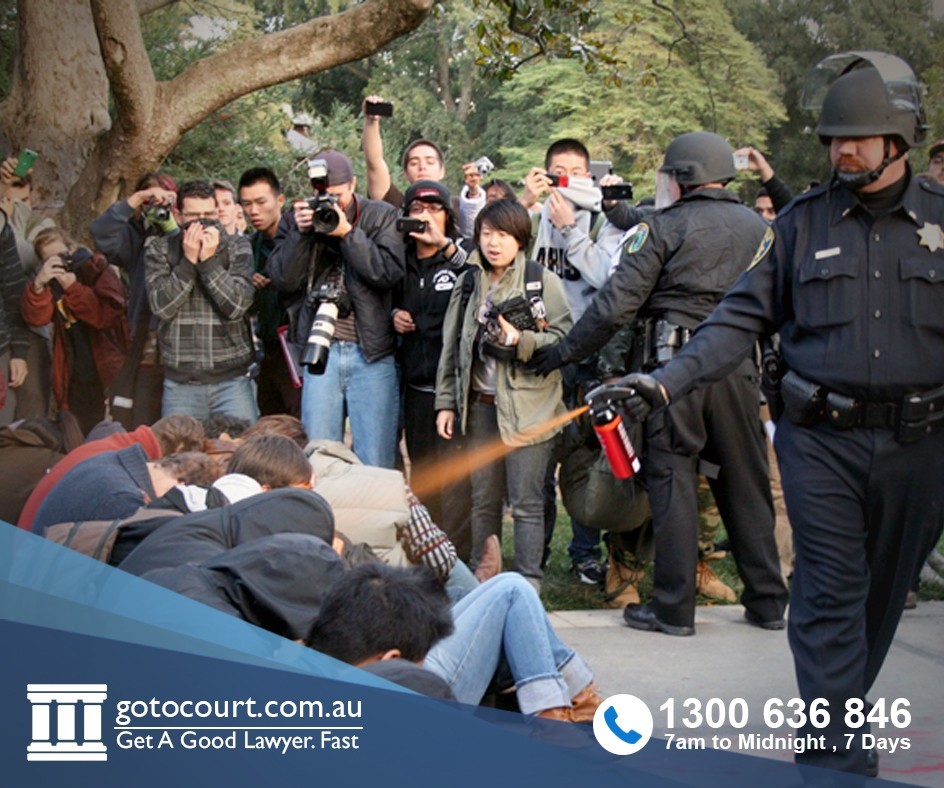Spent Convictions in the Australian Capital Territory
Like most other states, the ACT has a legislation-based spent convictions scheme in the Spent Convictions Act 2000. The purpose of this scheme is to limit the negative impact that being convicted of a criminal offence has on a person’s life. However, a person can generally only take advantage of this scheme if they demonstrate good behaviour for a certain period.
Whether you are convicted of a criminal offence in the first place generally depends on what other penalties are imposed. The rules for when a conviction will be recorded for committing a criminal offence are in the Crimes (Sentencing) Act 2005. The Commonwealth scheme for spent convictions, which is in the Crimes Act 1914, may also apply, if a person has been convicted of a Commonwealth offence (such as drug trafficking). The rules of both schemes are very similar.
What are spent convictions?
A criminal conviction in the Australian Capital Territory may become spent after a period of good behaviour. A conviction may also become spent if the offender is pardoned or the conviction is quashed. Findings of guilt may also be spent after a period of time, as may certain non-conviction orders such as good behaviour orders.
An offender has a right to not disclose spent convictions to any person. A person will commit an offence if they have access to a record of an offender’s convictions and disclose any convictions that are spent. The right of non-disclosure is subject to a number of exceptions; for example, if an offender applies to work with children or at a hospital.
How convictions become spent
Not all convictions can become spent under the scheme. For example, convictions where the penalty is a sentence of at least six months imprisonment and convictions for sexual offences cannot become spent. A conviction will become spent at the end of a waiting period. The waiting period is 10 years if you commit a crime and receive a conviction an adult and five years if you are convicted as a child. If you were sentenced to spend a period of time in prison, this period starts following your release from prison. If you are convicted of another criminal offence for which a term of imprisonment may be imposed (whether or not a sentence of imprisonment was imposed) during that period, the period of crime-free behaviour may restart. Not all offences will cause the period to restart; for example, some traffic offences will only restart the waiting period for a conviction that was itself a traffic offence.
Commonwealth spent convictions scheme
The Commonwealth spent convictions scheme applies to criminal offences committed under Australian Capital Territory legislation which have some kind of federal aspect. This may include offences investigated by the Australian Federal Police, provided the investigation is incidental to an investigation of the commission of a Commonwealth crime, or if the offence involves international trade, or if the offence affects the Commonwealth. The scheme does not apply where the penalties imposed for the conviction included a term of imprisonment for more than 30 months.
When convictions become spent under Commonwealth scheme
Similar to the Australian Capital Territory scheme, a conviction becomes spent automatically under the Commonwealth scheme after 10 years, or 5 years if the offender was a minor when the offence was committed. This period of time commences at the time an offender is convicted. An offender has a right a right of non-disclosure in respect of spent convictions, similar to under the Australian Capital Territory scheme. There are exclusions to this right; for example if you are seeking to work children, and the law allows an organisation to obtain information on your prior convictions.
When are convictions recorded?
The rules for when a conviction will be recorded are in the Crimes (Sentencing) Act 2005. A court in the Australian Capital Territory can make a non-conviction order if a person is found guilty for committing an offence and a good behaviour order is imposed. A non-conviction order can also be made if the charge is dismissed. A good behaviour order can have a maximum duration of 3 years. A court on deciding whether to make a non-conviction order must take into account the age and character of the offender and how serious the offence is.
If you require legal advice or representation in any legal matter, please contact Go To Court Lawyers.






